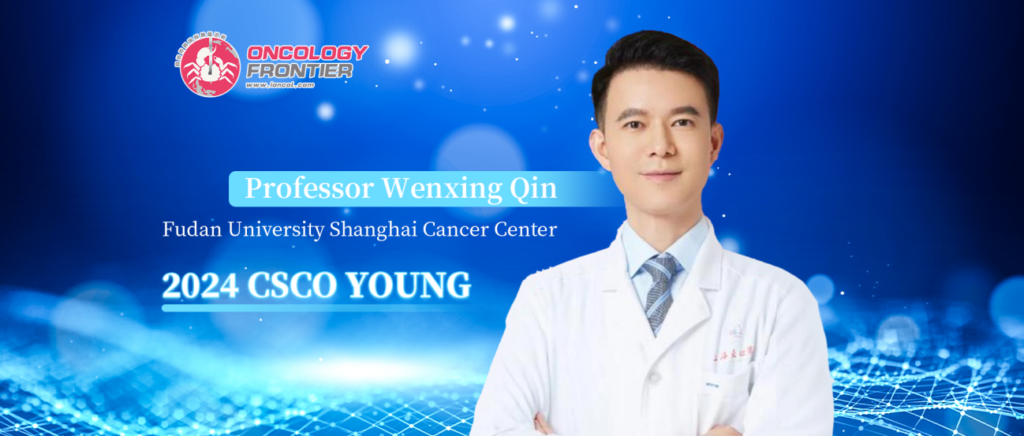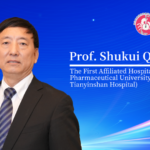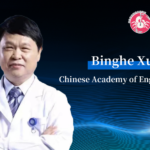
Editor's Note: The mid-year meeting of the Youth Expert Committee of the Chinese Society of Clinical Oncology (CSCO YOUNG) was held from June 28-30, 2024, in Shanghai. Young talents from across the country gathered to share experiences and discuss the future. Several experts shared their clinical and translational research experiences during the conference. Clinical research derived from practice is crucial for enhancing medical innovation, bridging the gap between basic research and clinical practice, and improving the medical research funding landscape. Oncology Frontier invited Professor Wenxing Qin from Fudan University Shanghai Cancer Center to share his experiences in clinical and translational research, balancing research, life, and clinical work, and choosing research directions. 01
Oncology Frontier: Can you share a real-life example of how you identified a problem in clinical work and translated it into scientific research?
Professor Wenxing Qin: I am delighted to be interviewed by the renowned platform Oncology Frontier. In clinical work, we sometimes encounter challenges that previous diagnostic and treatment experiences cannot solve. This is where translational approaches come into play. My clinical focus is on breast cancer, with in-depth research on the relatively challenging triple-negative breast cancer (TNBC). One reason TNBC is difficult to treat is its high heterogeneity, leading to its nickname “the garbage can” due to its complexity.
Upon further analysis, we found that if we could classify these highly heterogeneous tumors, we might achieve precision treatment for breast cancer. Consequently, we explored several avenues in clinical practice. One study discovered a close relationship between the gut microbiome and TNBC. Further exploration revealed that TNBC could be subtyped from a metabolic perspective. We also identified predictive factors for the efficacy of immunotherapy and chemotherapy in TNBC. Through a series of translational studies involving single-cell and spatial genomics, we achieved a transition from clinical issues to basic research and back to clinical practice, enabling better patient classification and targeted precision treatment.
02
Oncology Frontier: How do you balance clinical work, research activities, and life? What challenges have you encountered in your research, and how have you overcome them?
Professor Wenxing Qin: I believe clinical and research work are inseparable, with clinical, research, and life supporting each other. Sometimes, difficulties in clinical work can be addressed through research, and challenges in research can be mitigated through activities I enjoy, like sports. Occasionally, new ideas arise during these activities. I am passionate and energetic about my work and an avid sports enthusiast.
Of course, there are times in research when it feels like hitting a dead end, with all results turning negative. However, research is a long journey requiring patience. Initial negative results can change as follow-ups continue, eventually showing significant differences between groups. Life is a long journey too; we can take it slowly, enjoying our work, clinical practice, research, and life.
03
Oncology Frontier: Many experts attending this conference are young professionals. What advice do you have for young clinical doctors when choosing research directions? Can you share any suggestions or experiences for those just starting in research?
Professor Wenxing Qin: Clinical doctors, especially young ones, are often on the front lines. They can identify clinical practice issues or patient needs without standard answers, which can be research starting points. Our clinical research does not always need to be “high and mighty.” Small, specific clinical studies can also accumulate experience and achieve success. I also recommend reading literature regularly to track the latest developments, gaining new inspiration and motivation.


